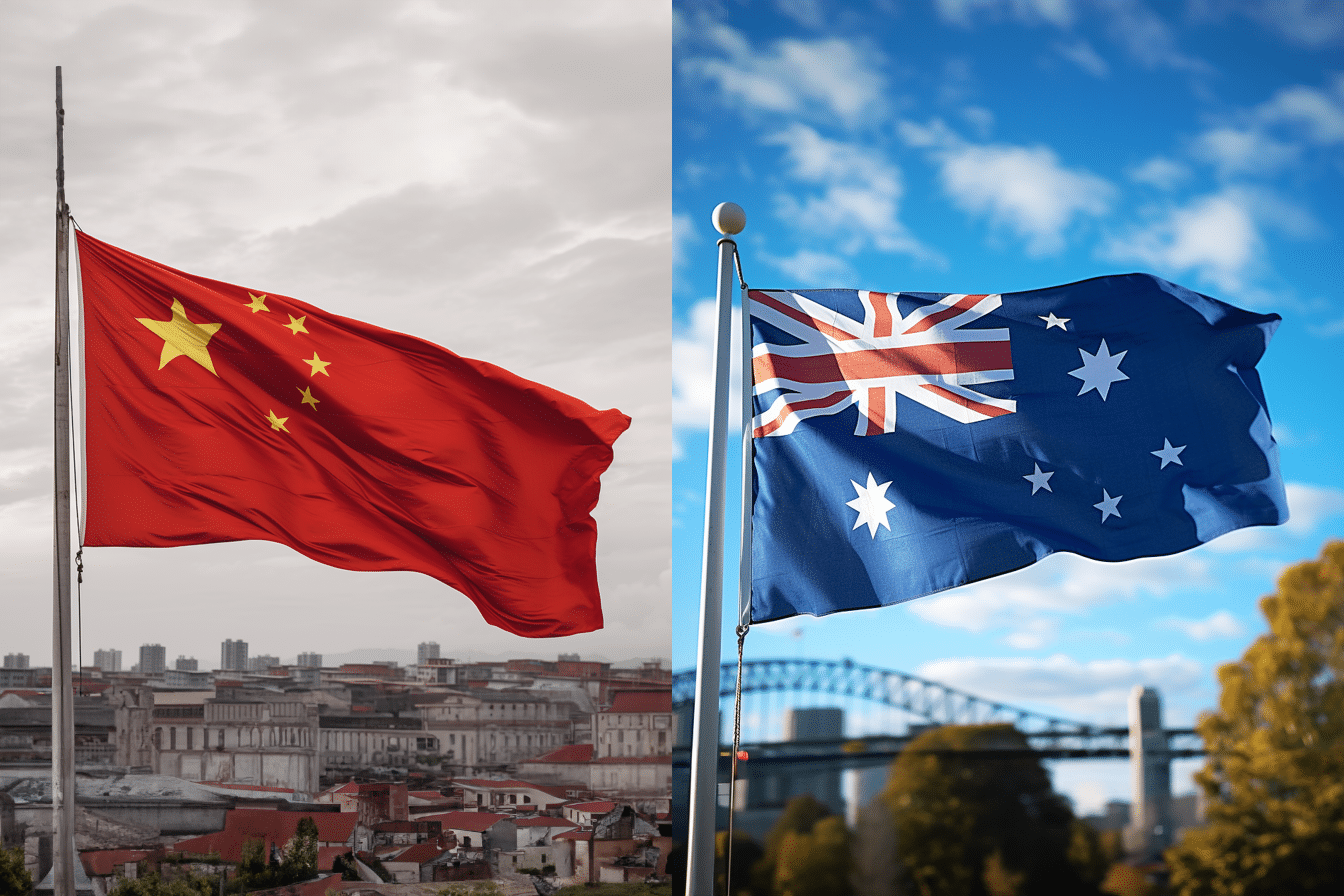
As the global economic landscape continues to evolve, China’s role as an indispensable trade power becomes increasingly prominent. Australian Prime Minister Anthony Albanese is poised to embark on a crucial visit to China, signaling a warming of relations and underscoring the Asian giant’s economic clout.
Australia’s Pivot to China
Albanese’s trip marks a significant thaw in the frosty ties that characterized China-Australia relations in recent years. With his center-left Labor government at the helm since May 2022, there has been a notable shift in diplomatic tone and policy. The easing of Chinese trade barriers against Australian goods heralds a new chapter in bilateral trade, whilst the reaffirmation of a Chinese lease on the strategically important port of Darwin illustrates deepening ties.
Economic Ties that Bind
The visit, coinciding with the golden jubilee of diplomatic travels initiated by former Australian Labor leader Gough Whitlam, is set against the backdrop of Australia’s heavy reliance on China for its export income. This dependency is a stark reminder of China’s leverage as the world’s second-largest economy, despite some disappointments in its growth trajectory this year.
Balancing Act in Global Politics
Beyond the shores of Australia, the larger Western approach to China is showing signs of a pragmatic shift. U.S. Treasury Secretary Janet Yellen has recently mirrored this sentiment, emphasizing the necessity of engagement with China. The recognition of China’s manufacturing supremacy has made the idea of an economic decoupling impractical, a point that is expected to be echoed in the upcoming dialogues between U.S. President Joe Biden and Chinese President Xi Jinping.
Diverse Reactions to China’s Engagement
This strategic engagement with China does not come without its detractors. While some voices in the political arena, notably among U.S. Republican presidential hopefuls, have adopted a tougher stance against China, others urge caution. The mantra of “trust, but verify” has been advocated by Biden, emphasizing a careful approach in dealings with Beijing.
Forging a Pragmatic Path
The pivot towards China by key Western nations, including Australia, marks a critical acknowledgment of the intricate interdependencies that shape our global economy. As leaders navigate through the complex web of international relations, the economic realities on the ground dictate a nuanced approach to China, one that balances national interests with the inescapable pull of the world’s manufacturing powerhouse. With the global economy hanging in the balance, the outcomes of these high-level engagements will be closely watched by markets and governments alike.
